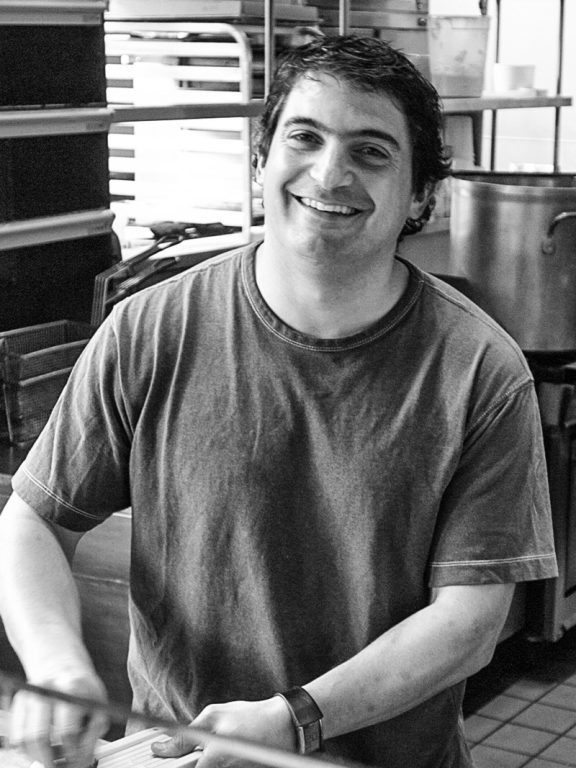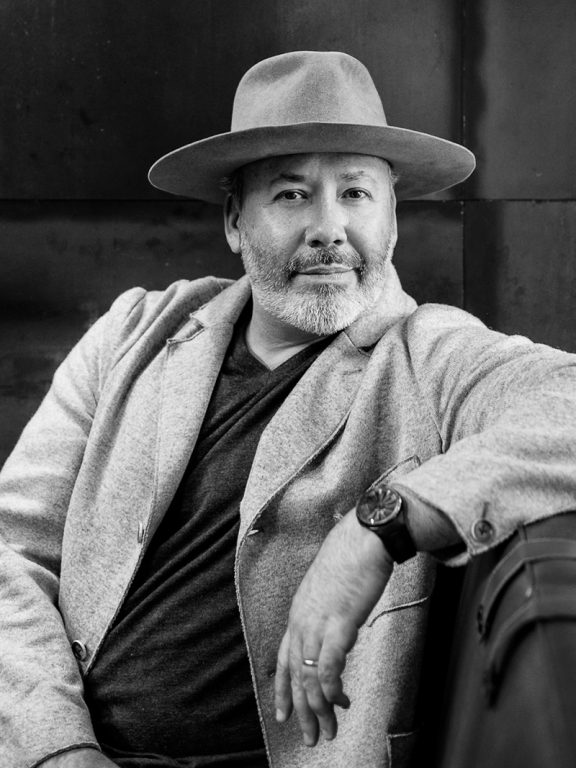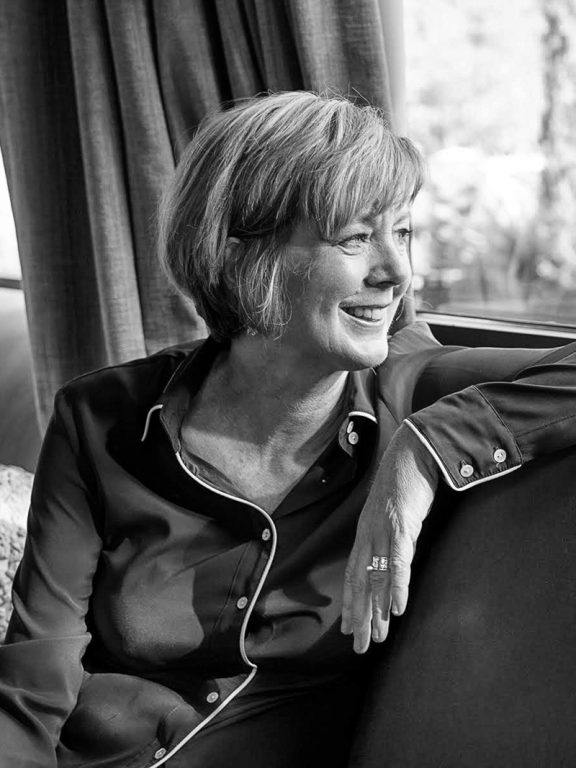In 2010 my staff and I were visiting New York City for the James Beard Awards. To celebrate before the ceremony, I took the Nostrana team to Le Bernardin for dinner. I wanted to start us off with sparkling wine, so I told the sommelier—one of three on the floor—that I wanted to stay within a $125 price limit.
Later, as we worked through courses of spectacular seafood, I asked the sommelier for more wine recommendations. Three separate times we ordered bottles, and not once did she recommend a bottle over $100, even though they had wines on the list that approached $1,000. I was taking out a large group, and often I can feel self-conscious about being perceived as a bargain diner. But instead I left thinking, “Wow, this is a place that really cares about giving everyone an elegant experience, no matter how much they’re spending.”
Like many Portland, Oregon, restaurants, Nostrana never had a permanent, full-time sommelier. The wine manager was also a server, because the staff made the majority of their income in tips. We knew this scenario wasn’t addressing the quality of wine service we wanted—especially considering the amount of time we put into developing our wine list, which is stacked with small producers and interesting stories. For many years we tried to figure out how to take our wine manager off the floor, to focus full-time on buying wine. But it was the Le Bernardin experience that pushed me to commit to figuring it out. We created a new budget and found a way to afford it.

Don’t miss the latest drinks industry news and insights. Sign up for our award-winning newsletters and get insider intel, resources, and trends delivered to your inbox every week.
Sommelier positions have long existed in restaurants to bolster two areas: image and revenue. However, at Nostrana we created dedicated sommelier positions for other reasons: ease, education, and egalitarianism.
Ease? Service is already a challenging job, with hundreds of things to think about. Add to that picking up bottles from storage, opening them at the table, letting the guest taste them, pouring them—it can add a serious strain for a server. Having a sommelier who can come in and be truly present with the customer, helping with a wine selection, and his or her wine selection frees up our servers to talk more about the food. It allows servers to focus on what they’re the best at. Across the board, that comfort level makes for a more relaxed dining experience.
As for education, the fact is that without a trusted guide there to educate guests on wine, they’ll just buy what they’re familiar with. We’ve found that having someone on the floor to discuss the wines gives us the opportunity to sell a more eclectic wine list. We can encourage guests to shift from drinking a Barbera d’Asti to trying a lesser-known, esoteric Italian variety like Teroldego. Portland has curious and sophisticated diners who are interested in discovery, which works well with our desire to tell the backstory of an Italian winemaker who is growing a long-forgotten variety, or who also collects Harley-Davidsons. Introducing people to these wines and telling these stories really enhance a diner’s experience.
And finally: egalitarian. Many people consider Nostrana to be a fine-dining restaurant, but just as we might have a four-top celebrating a birthday over five courses, we will also have a single diner sitting at the bar with a pizza. We are equally welcoming to all guests, believing that everyone deserves a memorable experience—regardless of how much they’re spending. For these reasons, having a sommelier and serious wine program is egalitarian. We all know wine enhances the dining experience, and by focusing on making it as extraordinary as possible—both for the special-occasion table ordering bottles, and for the pizza diner ordering by the glass—we can help create a truly special experience for all of our guests.
Today it seems that restaurant service is becoming increasingly homogenized and diluted. Often when I dine out, I’ll look at a wine list, see something I haven’t tried, and ask the server about the wine, only to have them tell me, “Actually, I haven’t tried that one.” At Nostrana we have staff training to make sure that everyone—servers and support staff—has tried the wines. It’s this old-school philosophy of service, focused on knowledge, attention, and quality, that stands out as a point of difference for Nostrana.
In adding a sommelier, our intention wasn’t to upsell people on wine; it was simply to enhance great service at whatever price our guests could comfortably afford. The sommelier role has had a minor positive impact on wine sales. But the clarity it gives to our team and to our customers, in terms of highlighting our commitment to service, is the far greater reward.
Cathy Whims, a six-time James Beard Award finalist, opened Nostrana in Portland, Ore., with her partner, David West, in 2005. Since then, she has helped open Oven & Shaker. Her curiosity often takes Whims to Italy, where she continues to find inspiration in the complex flavors evoked by simple cooking.








